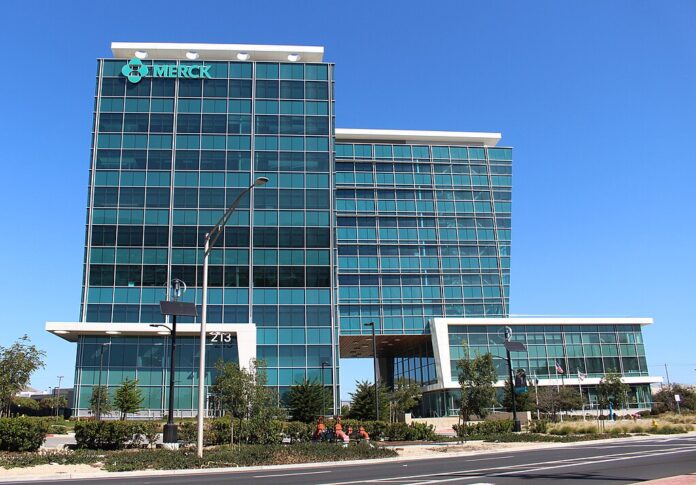Merck warns of $200m tariff bill as Trump eyes even tougher levies on foreign-made medicines
Merck, one of the world’s largest pharmaceutical companies, says it will take a $200 million (£160 million) hit this year from tariffs already imposed under Donald Trump’s economic policies—just as the president prepares to ramp up duties on drug imports.
The US firm confirmed the sharp rise in costs during an earnings call on Thursday, attributing the financial blow to Trump’s blanket 10% tax on global imports and retaliatory levies from key trade partners, including China. Crucially, this forecast does not factor in the looming threat of new “major” tariffs targeting the pharmaceutical industry specifically.
Earlier this month, Trump’s administration launched a 21-day national security review into pharmaceutical and semiconductor imports—seen as a precursor to sweeping levies that could fracture global supply chains. The move signalled a return to the ex-president’s protectionist playbook as he campaigns for re-election.
Embed from Getty ImagesMerck, which has a significant manufacturing base in Ireland, is among several global drugmakers facing scrutiny. Trump has repeatedly accused pharmaceutical firms of offshoring production to dodge US taxes and shift jobs abroad. Ireland, in particular, has drawn his ire.
Meanwhile, Swiss rival Roche has gone on the offensive. On Thursday, the company said it had formally petitioned Washington for an exemption from tariffs, arguing that it both imports to and exports from the United States in large volumes.
In a bold display of commitment to the US market, Roche also revealed plans to invest $50 billion in its American operations. During an investor call, CEO Thomas Schinecker conceded that the firm was navigating “volatile times,” but insisted Roche was well positioned thanks to its strong domestic footprint.
He disclosed that just four drugs account for 92% of Roche’s exposure to potential tariffs. While declining to name the medicines, Schinecker confirmed that production for three of them had already been shifted to US-based sites. However, he warned that the intricate nature of pharmaceutical production meant the company couldn’t simply localise everything.
“For diagnostics, when you have 10,000 products, you cannot produce 10,000 products in every country,” Schinecker said. “The complexity is immense.”
He also cautioned that Roche’s drug exports from its US sites could face retaliatory tariffs—effectively punishing the company at both ends of the supply chain.
Switzerland is among dozens of countries facing steep new US tariffs of up to 31%, which Trump temporarily paused for 90 days earlier this month. The scope of the potential levies has alarmed global manufacturers, particularly those in high-tech and health sectors.
Notably, under a 1995 World Trade Organization (WTO) deal, pharmaceutical products have traditionally enjoyed zero tariffs globally to ensure wider access to essential medicines. Trump’s threats now risk unravelling that long-standing consensus.
Roche’s appeal to the administration rests on a straightforward argument: imposing blanket tariffs will drive up production costs for American consumers and disrupt vital supplies of life-saving treatments. “Indiscriminate tariffs do not take into account the significant manufacturing base Roche already has in the US,” Schinecker said.
Despite the growing uncertainty, Roche reaffirmed its full-year financial guidance. It reported a 7% year-on-year rise in first-quarter sales—beating forecasts—on the back of strong demand for its breast cancer drug Phesgo, eye treatment Vabysmo, and allergy therapy Xolair.
Trump, for his part, doubled down this month on plans for a “major” tariff push on foreign-made drugs, arguing the US must become self-sufficient. His rhetoric has already rattled markets and triggered a slide in pharma shares globally, as investors brace for further disruption to an already strained industry.
